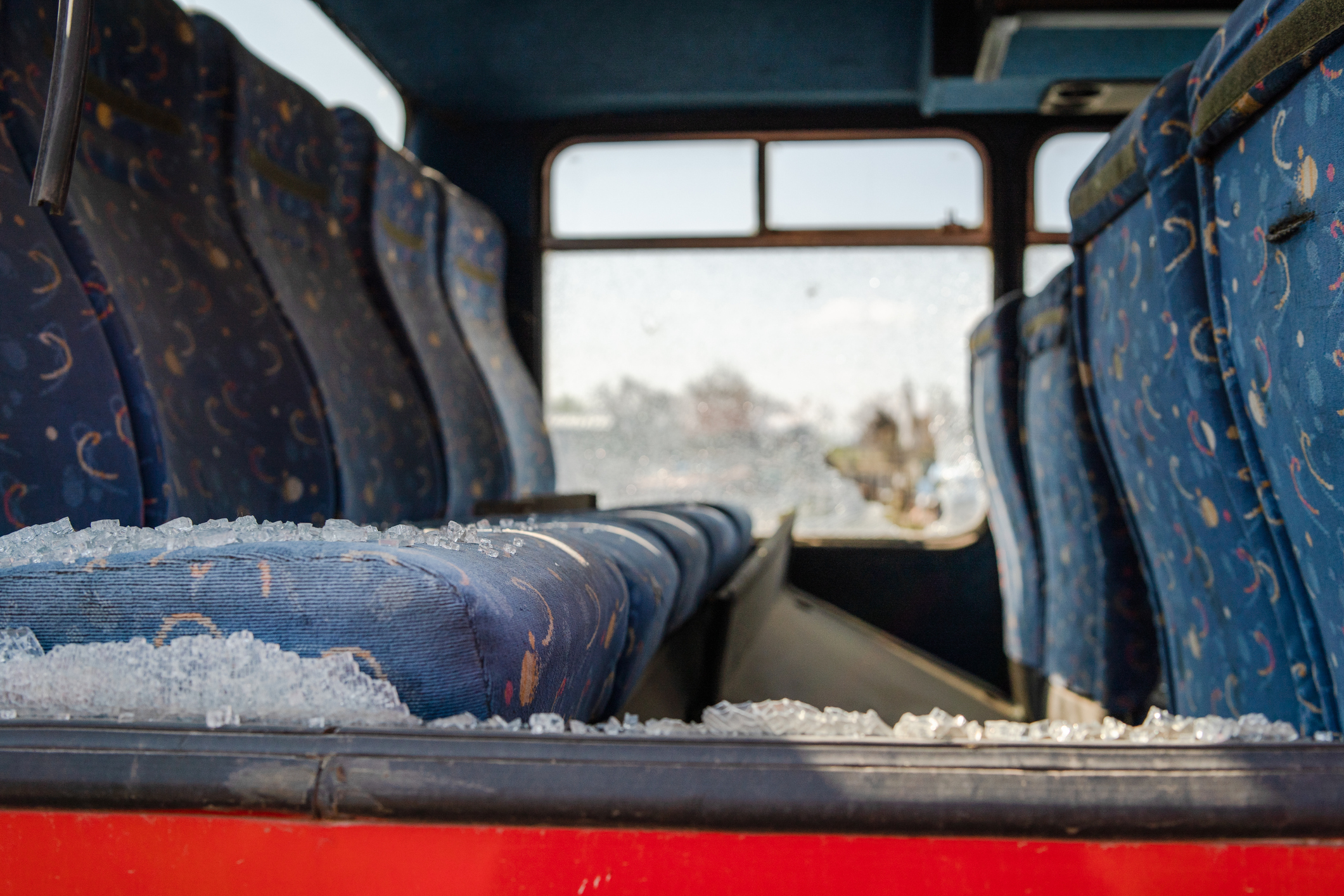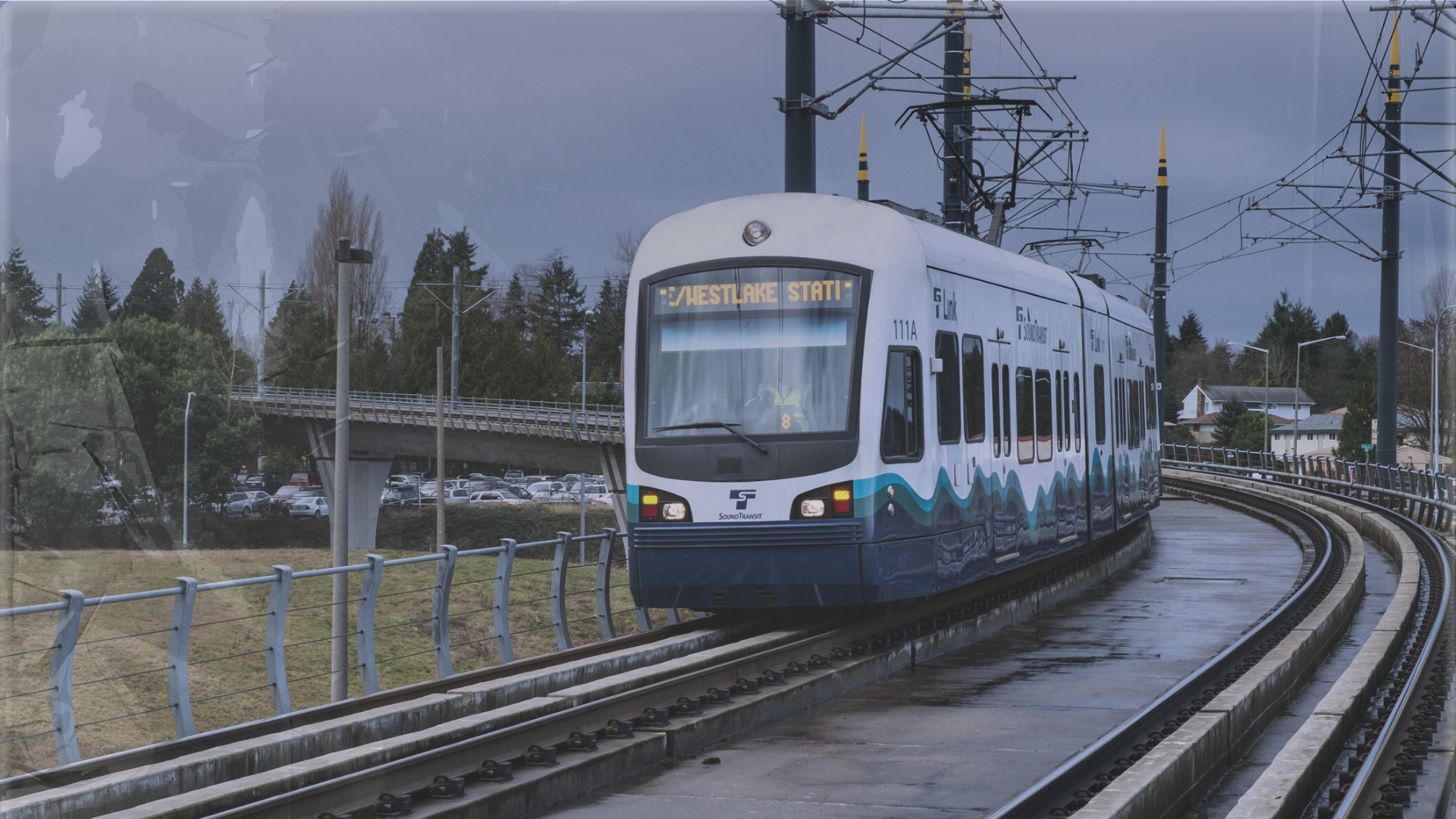Unsurprisingly, transit boosters in Seattle are posturing to use the COVID-19 crisis to further their transportation agenda.
“How do we start to build the political will and see COVID as an opportunity to try to reorient how we’re thinking about transportation?” asked Senator Rebecca Saldaña during the Transportation for All and COVID-19 Solidarity Webinar held on March 30th.
“Especially if we’re heading towards a recession, that’s when it becomes time to really tackle our transportation system,” said Representative Sharon Shewmake, who said that the normalized “externalities of driving cars around” were more dangerous than COVID-19.
“Can we switch to more non-single occupancy vehicle trips? Can we see more carpooling and more transit-riding? Can we see more bike and pedestrian trips as well?” she continued.
“For me, my vision is that we use this interim and launch a robust multi-stakeholder process to build political will for a green transportation future plan,” Saldaña said.
Representative Shewmake and Senator Saldaña supported companion bills during the 2020 legislative session (HB 2688 and SB 6398) to remove existing state transportation policy goals, including the goal of congestion relief, and replace them with expanded, nebulous goals like “environmental justice,” “accessibility” and “equity.”
During the webinar, Bryce Yadon, the consulting lobbyist for the Transportation Choices Coalition (TCC), highlighted the need to “transition away from always prioritizing highway infrastructure [such as preservation and maintenance].” Yadon would rather “make sure we’re adequately investing in our transit system and our bike-ped infrastructure.”
And yet, bike ridership for work trips in Seattle has sizably diminished. As radio talk show host John Carlson noted in a 2019 op-ed for Crosscut, “Despite almost evangelistic fervor for bike lanes among the small, but vocal and impressively organized activist groups and the kindred spirits in the Seattle Department of Transportation, bicycling in Seattle (for commuting, not recreation) has dropped by more than 25 percent in two years from 4 percent to 2.8 percent.”
Meanwhile, the American Civil Society of Engineers gave Washington roads and transit both a C- in 2019. At least that’s an improvement from the D+ they received in 2013. Similarly, in January 2020, the personal finance site WalletHub named Washington as the 48th worst state in which to drive. Our road quality specifically was ranked as 44th in the nation.
Still, Yadon advocates that “Instead of spending only about 6% of our state dollars on transit, we really need to start seeing heavy investments in that sector to equalizing our transportation system.”
The Puget Sound Regional Council (PSRC), a federally-mandated planning organization, recognizes that despite billions spent on transit expansion, transit’s mode share will only increase by 1% for personal trips and by 3-4% at most for work trips by 2050. Transit boosters know this well, yet they persist in ardent advocacy for increased transit spending despite the data. Not even an admission from Sound Transit CEO Peter Rogoff that “our transit expansions won’t reduce congestion” has dissuaded them. Given these facts, such insistence suggests either denial coupled with wishful thinking or some degree of dishonesty about the “need” for greater taxes and “investments.”
Jessyn Farrell, a transit activist and former representative from the 46th legislative district, agrees with Yadon. She tweeted on April 6th that “big investments in our future, not budget cuts, are the way out of a recession. In the Great Recession too many capital projects were put on ice or scaled back. Let’s not make the same mistake. Instead, let’s build light rail faster.”
Greater government expansion into transportation requires an augmented budget, and a bigger budget can only mean a bigger tab for taxpayers to pick up. The Transportation for All coalition plans to ensure “equitable” funding for their projects through the imposition of several new taxes. These include a mileage tax, carbon tax, air quality surcharges, and a “luxury” transportation tax.
Lauren Breynaert of the Climate Alliance for Jobs and Clean Energy – quoting Leonard Smith, a representative of Teamsters 117 – ended the webinar by reminding the group: “Don’t waste a good crisis to make positive transformative change.”
The only problem is that these reforms are neither positive nor transformative. Rather, they are a continued waste of public money into dead-end initiatives that resolutely ignore pressing needs for infrastructure maintenance and improvements, as well as trimming budgetary waste. Such initiatives are geared towards pushing a single-minded green energy agenda that makes big promises, but will ultimately restrict both mobility and choice.
We anticipate these ideas will reappear during the 2021 legislative session, and will continue to track them closely.




